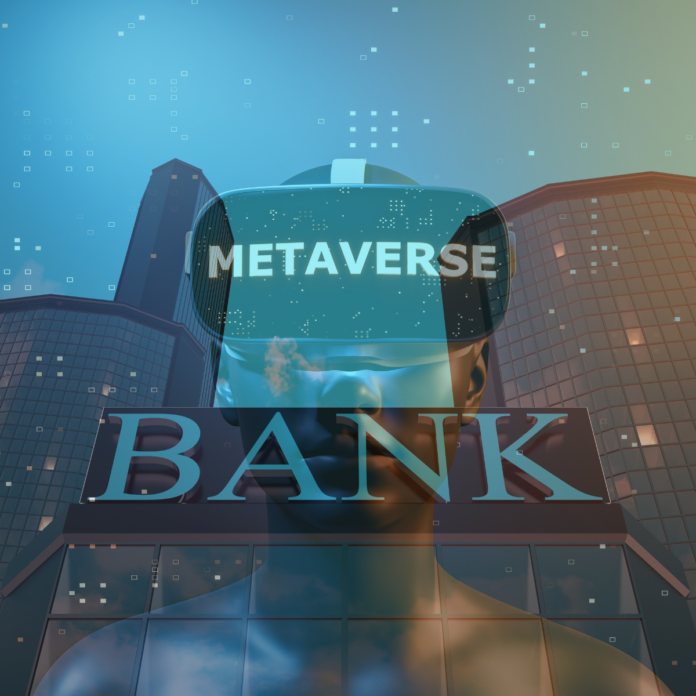HSBC, the multinational banking giant, sets a precedent for the financial industry with its bold move into the realm of NFTs and the metaverse. Digital currencies especially cryptocurrencies continue to remain contentious entities as the world seeks to regularise them while confronting the problems they present. However, NFTs (Non-Fungible Tokens) have become quite popular with their presence widening with each passing day, across varied sectors.
In December 2022, multinational banking giant HSBC (Hongkong and Shanghai Banking Corporation) announced its inclination to dip its toes in the realm of NFTs and by extension, the metaverse. On 15th December, HSBC filed for a trademark for NFT and Metaverse applications with the USTPO (United States Trademark and Patents Office).
In a tweet, summarising the reasons for HSBC applying for a trademark in a new sector, Mike Kondoudis, a trademark attorney licensed by the USPTO tweeted, “Digital media backed by NFTs; Virtual currency exchange (and) transfer; Virtual credit card processing… and more!”
In other words, HSBC was trying to come up with a banking enterprise in the metaverse using NFTs as a token of currency and financial exchange. In doing so, it became the first bank to widen its banking operations in a sector that’s completely removed from conventionalism.
What’s Metaverse?
The question that begs to answer at this point is, “What’s Metaverse?”
A metaverse refers to an online three-dimensional reality. It’s like a more-evolved and nuanced form of the internet where all activities are carried out as they are in the real world except that these happen virtually. So, there could be two people playing games or working alongside each other but with the sole difference that they needn’t be in the same place at the same time while doing so.
Presently, the best example to talk about metaverses is online games that feature multiplayers connecting with each other in the game’s universe but needn’t know who the person is outside of it. As such, the concept of the metaverse is still new as far as the mainstream world is concerned.
Having said that, there are a handful of metaverse-based applications that have managed to integrate blockchains with their operational existence. These are SecondLive and Decentraland.
What to make of HSBC’s move?
Despite these entities’ existing, the result of the collaborative correlation between financial institutions and metaverse and through it, NFTs, not only remains to be seen but will also take a few years to emerge – whether good or bad.
From that standpoint, HSBC’s truly setting a precedent for itself and other banking organisations with the step it’s taken. To borrow from Star Trek, HSBC has boldly gone where no bank has gone before.
Having said so, alongside acknowledging the liberalised world’s frontiers have gone global to an extent that was previously unimagined, it’s also necessary to be cautious about its approach and the ramifications – good and bad – it might hold for our future.


